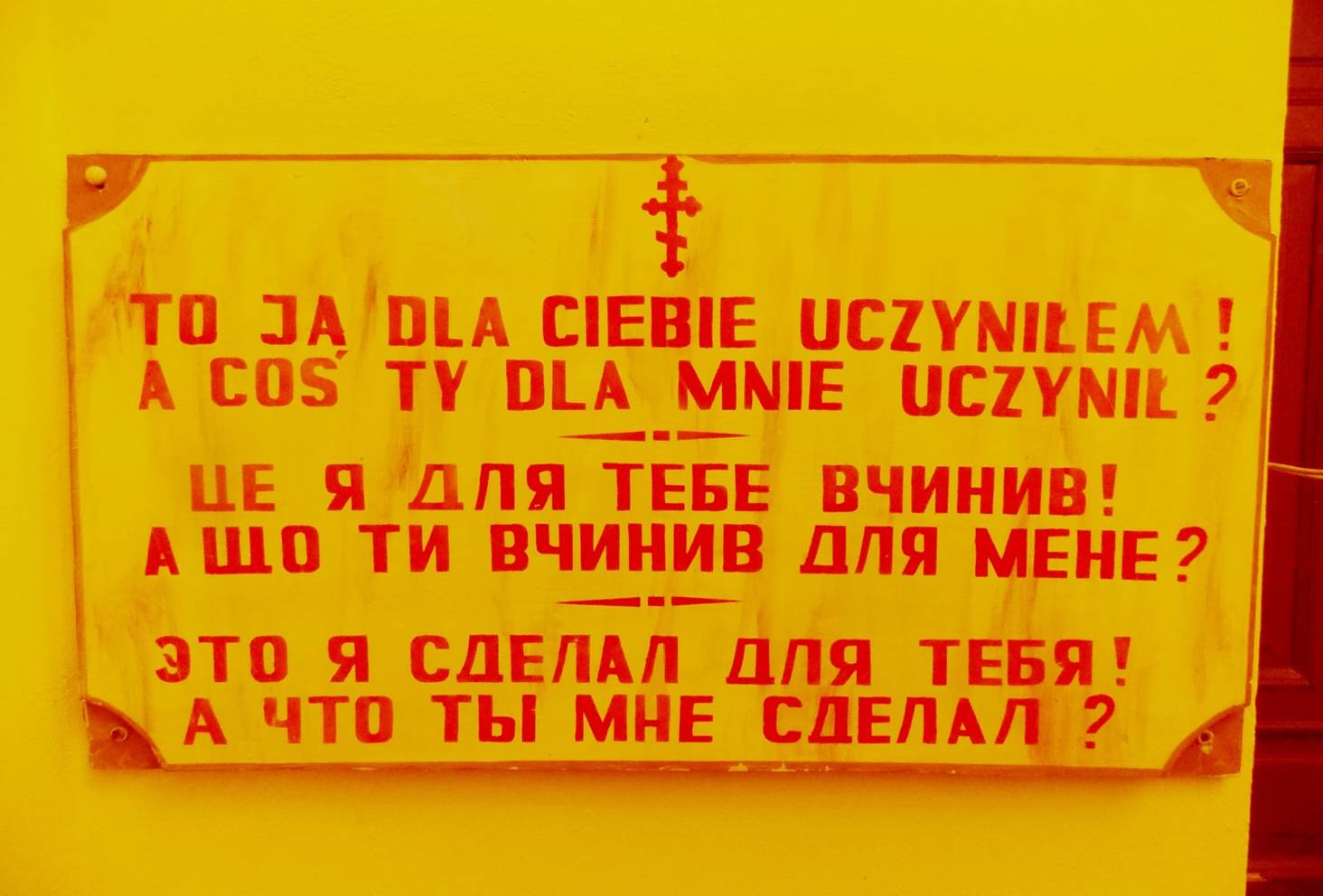Her research revealed that religion greatly influenced the respective perceptions of history: often the collective memory of Greek Catholic, Orthodox Christian and Roman Catholic neighbors in the same local community was different. Polish-Ukrainian relations in the past, as well as reciprocal “postcolonial” traumas also left their mark on the strategies of communication between researcher and interlocutors.
Iuliia Buyskykh has been working at the National Institute of Ukrainian Studies under the Ministry of Education and Science of Ukraine since September 2016. Her research interests include anthropology of religion, neighborhood relationships, border studies, Ukrainian studies and folklore.
Local Communities on Polish-Ukrainian Borderlands
Contested Memories and Strategies of Co-Existence
This talk was held in the framework of the Prisma Ukraïna Lecture Series “Revolutions and Their Impact on Modern Eastern and Central Europe”.
Dr. Buyskykh carried out research on religious culture in several confessionally mixed local communities on Poland’s eastern border in 2015-2016. She found that the collective memory of their inhabitants was not only deeply rooted in the history of the 20th century, but indeed in the whole historical context of the period before the partition of Poland.


